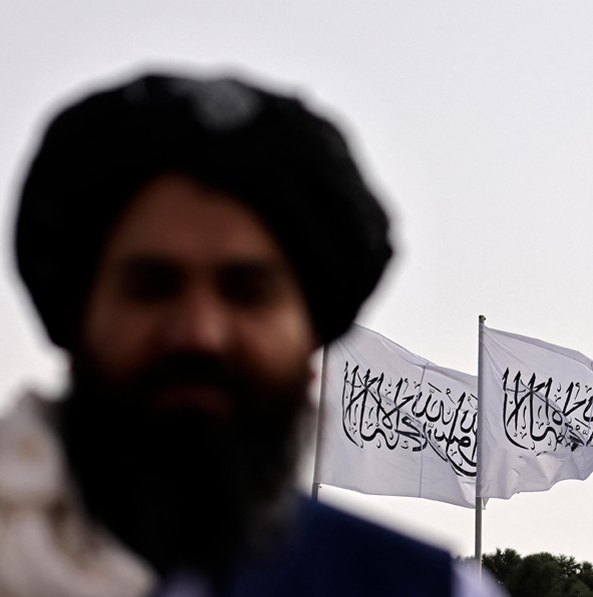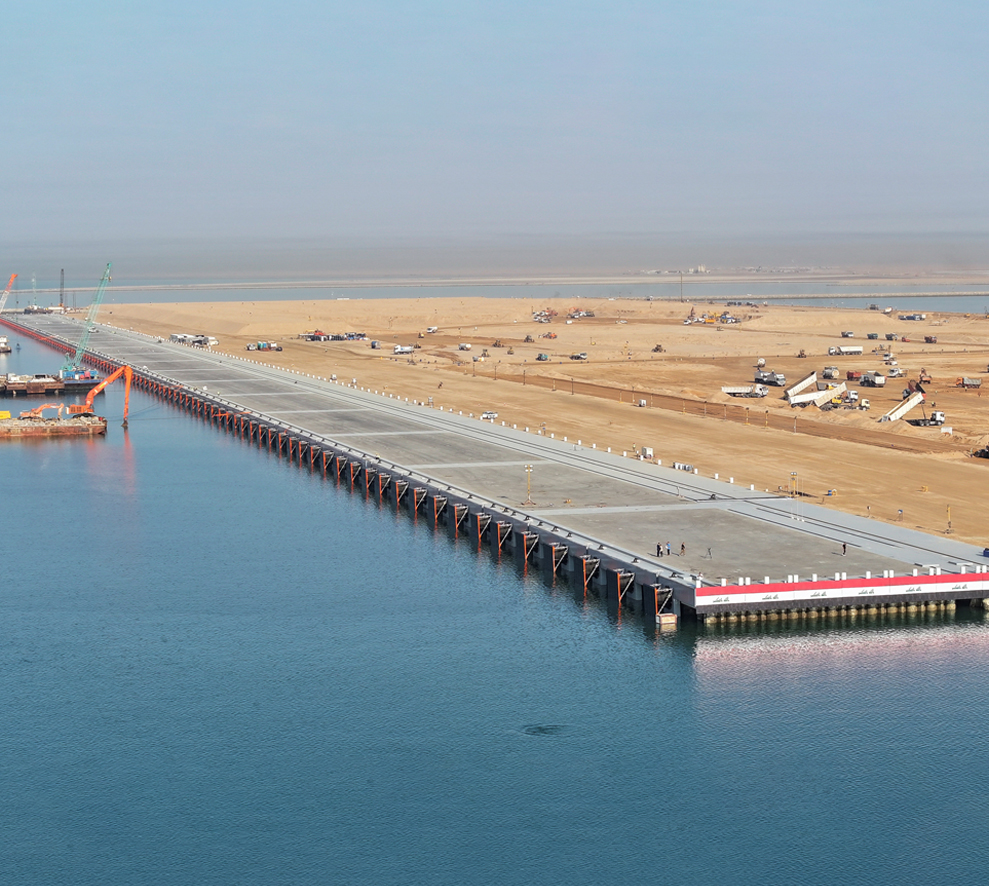Analyses
Syria: the Future of the State of Uncertainty
The Syrian-Iraqi Border: Reshaping the Geopolitical Space of the Middle East
Op-Ed
Real clear world: A former terrorist inside the white house
Op-Ed
NYT: The President and A Former Terrorist Meet at the White House
Syria: the Future of the State of Uncertainty
The Syrian Unity Predicament: Files of Sovereignty, Security, and the Kurdish Issue
Palestinian-Israeli conflict
Trump’s Plan: Second Phase Scenarios
Filter by:

The Impact of Taliban's Rise on Jordan, Syria, and Iraq
The Taliban's seizure of control over Afghanistan raises several concerns in light of the impact it may have on other armed movements and groups, in a way that may restore hope and confidence in the ranks of many such groups, to return to their activities taking after the example of Taliban. Hence, this paper examines the repercussions of the rise of the Taliban on terrorist groups in Syria and Iraq, as well as its impact on Jordan.
.jpg-%D8%A7%D9%93%D8%B3%D9%8A%D8%A7-%D8%A7%D9%84%D9%88%D8%B3%D8%B7%D9%89-%D8%AA%D8%AD%D8%AA-%D8%A7%D9%84%D9%85%D8%AC%D9%87%D8%B1-%D8%A8%D8%B9%D8%AF-%D8%B3%D9%8A%D8%B7%D8%B1%D8%A9-%D8%AD%D8%B1%D9%83%D8%A9-%D8%B7%D8%A7%D9%84%D8%A8%D8%A7%D9%86-%D8%B9%D9%84%D9%89-%D8%A7%D9%94%D9%81%D8%BA%D8%A7%D9%86%D8%B3%D8%AA%D8%A7%D9%86.jpg)
The Changing Landscape in Central Asia after Afghanistan's Fall
Central Asian countries are back at the forefront of events and analyses after the Taliban took control of Afghanistan in conjunction with the US withdrawal. This article examines the reactions of Central Asian countries in local and regional context and the future of their relations with the Taliban.
-%D8%A7%D9%81%D8%BA%D8%A7%D9%86%D8%B3%D8%AA%D8%A7%D9%86-%D8%AA%D9%86%D9%87%D8%A7%D8%B1.jpg)
Afghanistan Is Falling Apart
The withdrawal of U.S. troops from Afghanistan is set to be completed by September 11, 2021. Yet the dramatically escalating trajectories, along with the Taliban’s sudden and easy entry into the capital after the collapse of the Afghan army and the escape of President Ashraf Ghani, are indications that the Islamic Emirate might be established before that date and that the U.S. military presence was brought to an end overnight.
.jpg-%D8%B7%D8%A7%D9%84%D8%A8%D8%A7%D9%86-%D8%A7%D9%81%D8%BA%D8%A7%D9%86%D8%B3%D8%AA%D8%A7%D9%86.jpg)
The Ruling Taliban: Domestic Challenges and Geostrategic Goals
News from Afghanistan is at the forefront of international capitals' attention, with Taliban Movement taking control of Afghan geography, marking a turning point in the history of a country that is ever engaged in international tensions, once in the collapse of the Soviet Union and then in the war on terrorism. The following paper outlines the most important "domestic" challenges facing the Movement in establishing sustainable and stable political governance. It also reviews Taliban in the highly competitive geostrategic perspective between Washington on the one hand and Beijing and Moscow on the other. The paper concludes by demonstrating the importance of gaining international recognition for the government that Taliban says it is forming with various parties, noting that such recognition will remain subject to Taliban’s ability to prove its good will in breaking with its past and building a new reality away from terrorism or extremism.

.jpg-h%D8%A7%D9%88%D8%B1%D8%A7%D9%82-%D8%A7%D9%81%D8%BA%D8%A7%D9%86%D8%B3%D8%AA%D8%A7%D9%86.jpg)